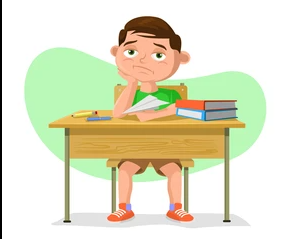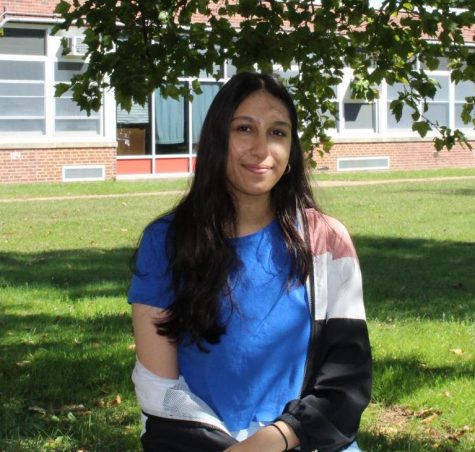Turning to Counselors: Easy or Hard?
Photo of Woodbridge High School.
January 25, 2022
Today, students are finding it difficult to turn to counselors for help. With the additional pressures of the pandemic, students do not feel as comfortable sharing their problems with counselors.
Before students open up to counselors, they must know their counselor well on a one-on-one basis. This is hard to do if each counselor is assigned to a large array of students.
If there is an option between one-on-one counseling and group counseling, one-on-one is typically preferred, but each one has its benefits.
A guidance counselor at Woodbridge High School, Ms. Ferrara says, “I have had the pleasure of going into the classroom when I was the anti-bullying specialist several years back and feel like it is a great way for the students to get to know who you are… Meeting with the students one-on-one is more personal and I feel it is easier for the student to open up especially if they are struggling with something.”
Though a number of students are reaching out for help, there are still students that are not. This is because the majority of students find it hard to communicate with their counselors, due to the fear that the counselors will make a phone call home.
Ms. Joao, a student assistant counselor at WHS, says that some students do not trust adults because they think counselors informing their parents about the issue that occurred may result in bad consequences. “It’s just about building a relationship and reporting with students and letting them come in… It’s all about trust and don’t surprise the students… Let them know what’s going to happen. For example, like a phone call home will be made.”
The outcome of going to a counselor is not the only thing holding students back from seeking help from one, but it is also the fact that some students feel that talking to someone who shares their thoughts and feelings, someone their own age, is better.
Sukhdeep Kaur, a junior at WHS, believes that students are more comfortable seeking help from other students that are their age group, saying, “Students would find it easier to seek help from other students that are in the same age group as them because the problems can be relatable and teenagers usually have similar issues.”
Furthermore, most students do not realize when they are in need of help, but when they do, they need to be made sure that they are going to counselors or at least other trusted adults for help. The more help students get, the more it will encourage them to help others.




















